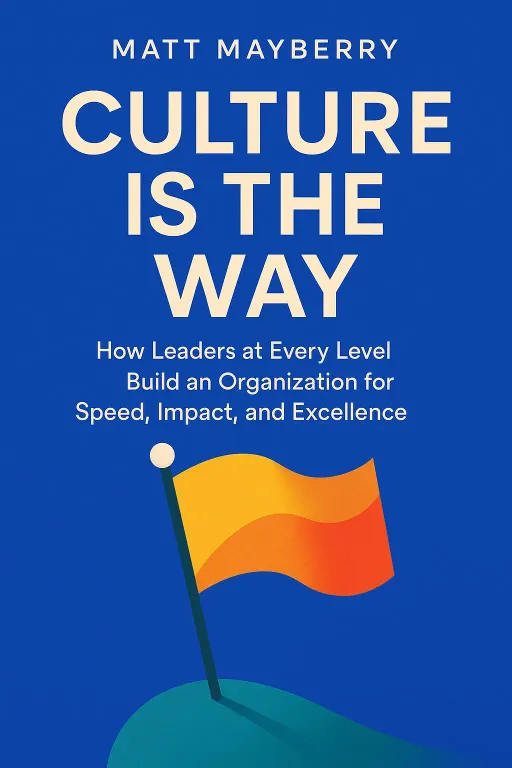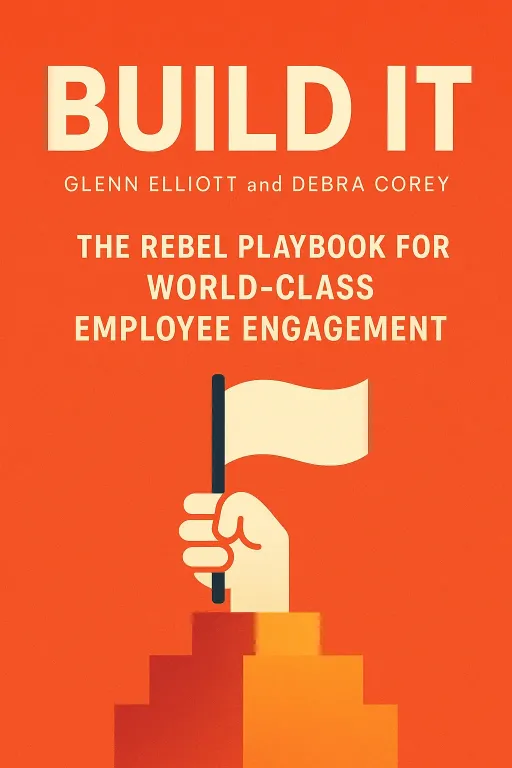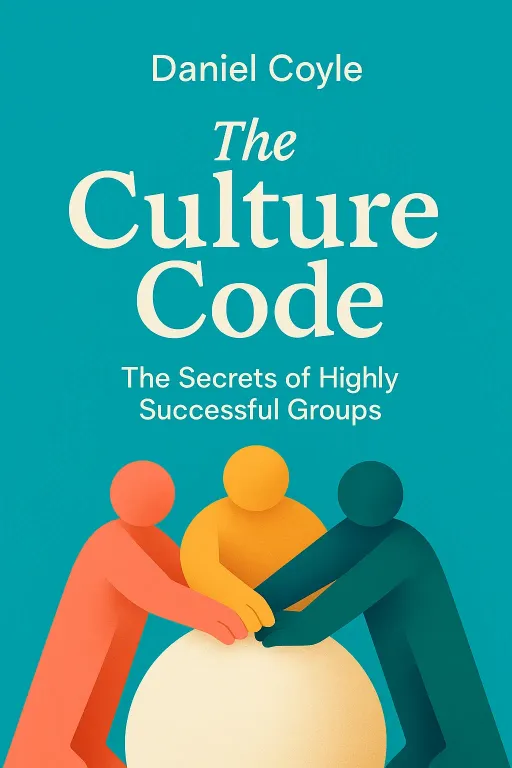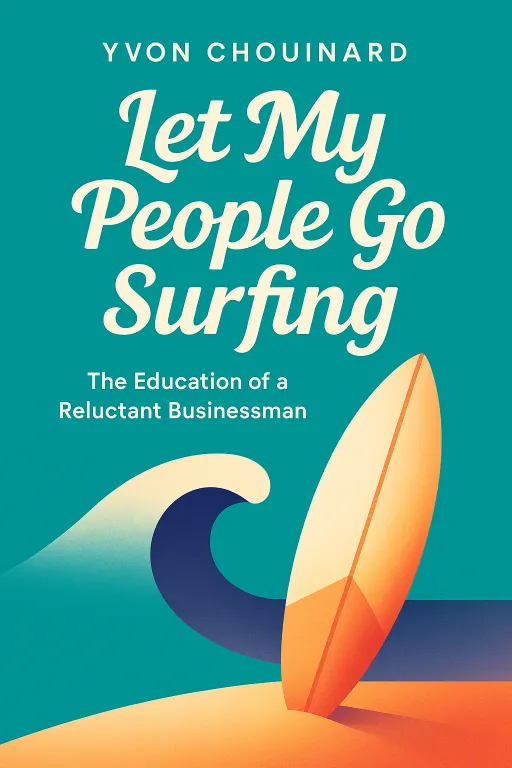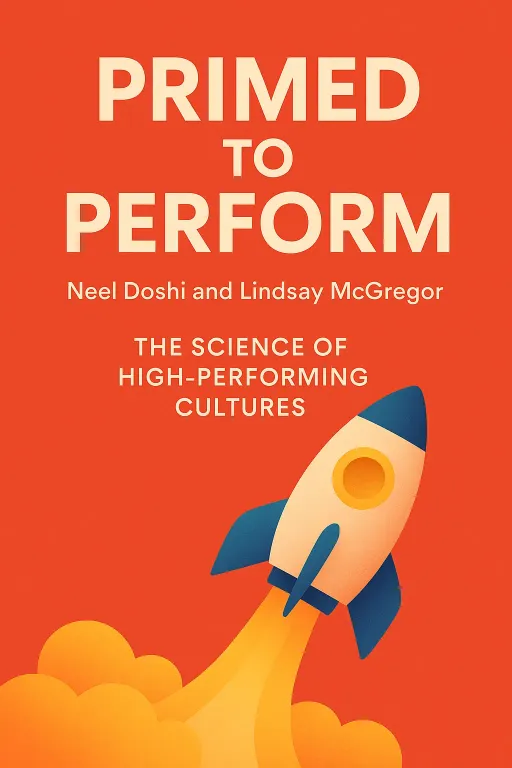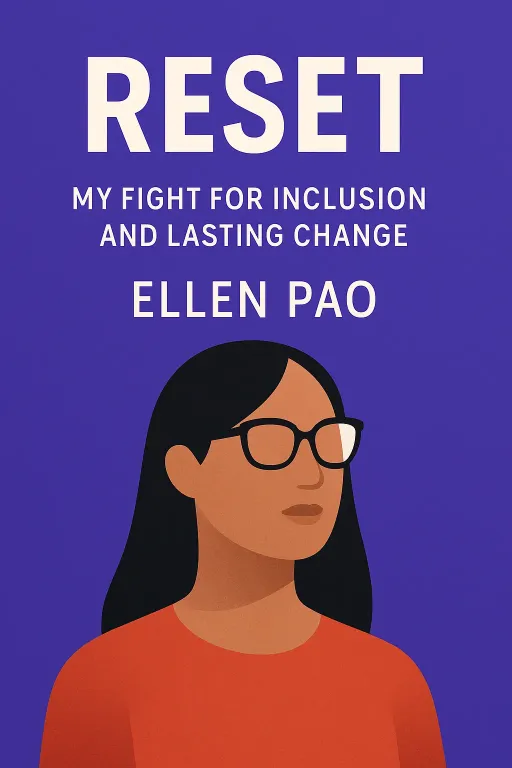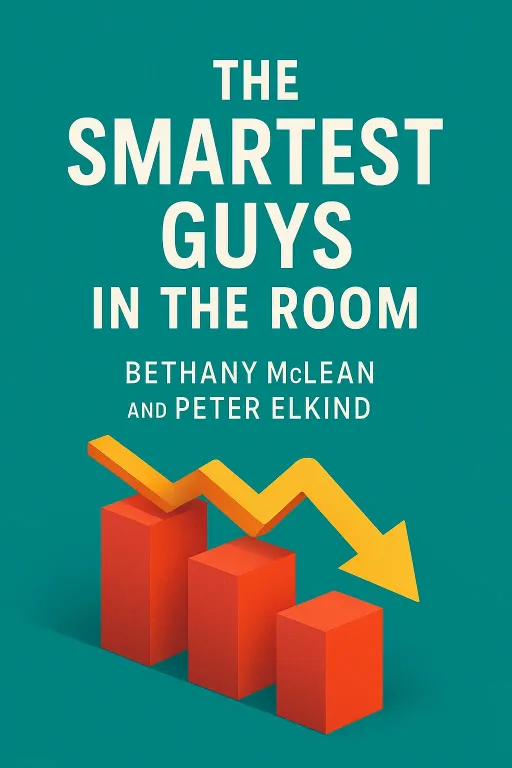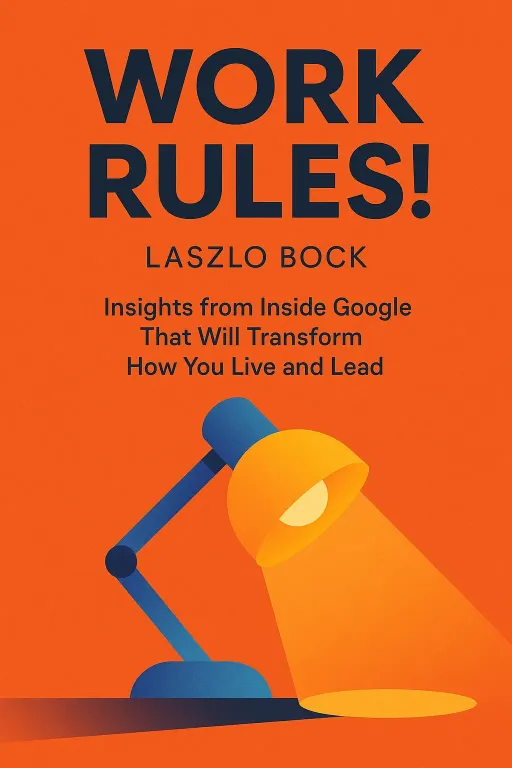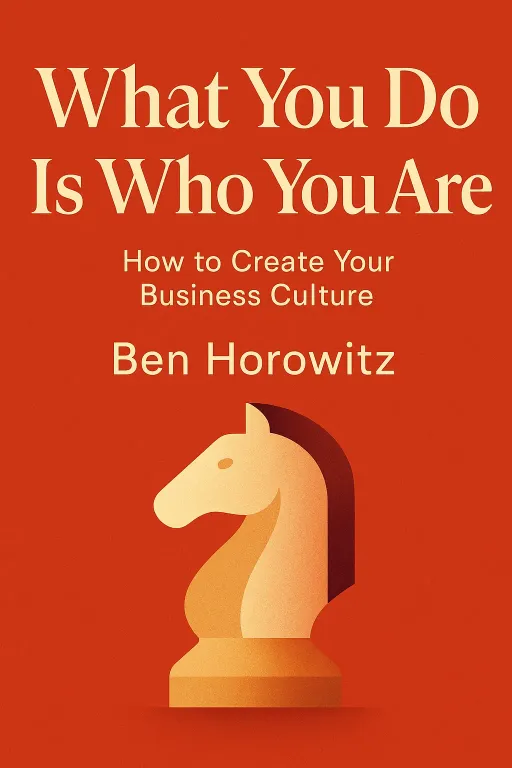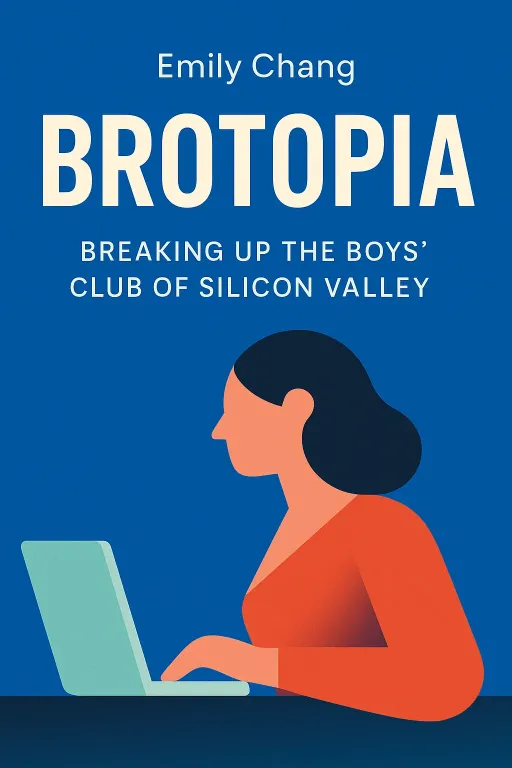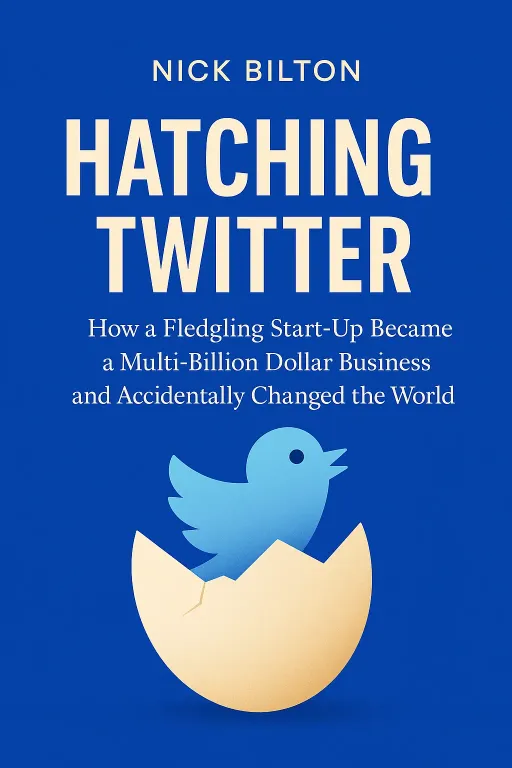
Twitter's Game of Thrones
14 minHow a fledgling start-up became a multi-billion dollar business and accidentally changed the world.
Golden Hook & Introduction
SECTION
Michelle: Alright Mark, you've read Hatching Twitter. Give me your five-word review. Mark: Friendship, betrayal, money, revenge, repeat. Michelle: That is brutally accurate. Mine is: 'Accidentally changed the world, intentionally backstabbed friends.' It's a wild ride. Mark: It really is. It’s one of those stories you think you know, but you have no idea. The book makes it feel less like a corporate history and more like a season of a prestige drama. Michelle: Exactly. And that’s what we’re diving into today: Hatching Twitter: How a Fledgling Start-Up Became a Multi-Billion Dollar Business and Accidentally Changed the World by Nick Bilton. Mark: And the author's background is key here, right? He wasn't just some biographer. Michelle: Not at all. Bilton was a New York Times reporter, and he got this incredible, unprecedented access. He interviewed hundreds of sources, saw internal emails, and got the kind of deep, inside-the-room perspective that’s almost impossible to get. That’s why the book reads less like a business report and more like a Silicon Valley thriller. It’s actually famously controversial for its portrayal of the founders, especially Jack Dorsey. Mark: A thriller? I love that. Because when you think of Twitter, you think of hashtags, maybe political arguments, but not a genuine thriller. Where does a story like that even begin? Michelle: Well, like all great chaotic stories, it begins with a spectacular failure. It starts with a company that was about to die.
The Accidental Revolution: How Chaos and Conflict Forged a World-Changing Product
SECTION
Mark: A spectacular failure? That doesn't sound like the typical 'genius in a garage' startup myth. Michelle: It's the complete opposite. Before Twitter, there was a company called Odeo. It was co-founded by a guy named Noah Glass and later funded and run by Evan Williams, who was already a Silicon Valley star because he’d created Blogger and sold it to Google for millions. Mark: Okay, so Ev Williams is the established tech celebrity. And Odeo was his next big thing? Michelle: Precisely. And Odeo’s big idea was podcasting. They were building a platform for people to create and share podcasts. This is back in the mid-2000s, when podcasting was this niche, nerdy thing. They thought they were going to be the YouTube of audio. Mark: That sounds like a pretty solid idea, actually. Podcasting is huge now. Michelle: It is now, but they had one tiny, little problem. A competitor they couldn't possibly beat. In 2005, Steve Jobs gets on stage for a classic Apple keynote, and with one sentence, he announces that the new version of iTunes will have a podcasting directory built right in. Mark: Oh, no. Michelle: Oh, yes. In an instant, Apple made Odeo completely irrelevant. Why would anyone go to a tiny, buggy startup’s website when they could get podcasts directly from the biggest music player on the planet, for free? The mood in the Odeo office was apparently like a funeral. Their multi-million dollar idea was dead on arrival. Mark: Wow. So the company is basically a zombie at this point. They have money from investors, they have employees, but their core product is worthless. What do you even do then? Michelle: You panic. And you start throwing ideas at the wall. The company broke up into small teams for these hackathon-style brainstorming sessions to try and invent a way out of the mess. And this is where the real, messy, human origin of Twitter begins. It doesn't happen in a boardroom. It happens in a parked car, in the pouring rain, fueled by alcohol and desperation. Mark: Hold on. So one of the most influential platforms ever was born from a drunken, desperate conversation in a car? Not some genius in a lab? Michelle: Not even close. The two key figures in this moment are Noah Glass, the emotional, passionate co-founder of Odeo, and Jack Dorsey, a quiet, introverted programmer who worked there. Noah was going through a divorce, feeling incredibly isolated and depressed. Jack was also feeling a bit lost and unfulfilled. One night, after a lot of drinking, they're sitting in Noah's car, just talking. Mark: This sounds more like a therapy session than a product meeting. Michelle: It basically was. And in this moment of vulnerability, Jack mentions a side-idea he's been tinkering with for years. He was obsessed with the elegant simplicity of dispatch radio—taxis, police, ambulances—how they communicate in short, public bursts of status. "I'm at this location." "Heading to this street." He had this vague idea for a service where you could use your phone to text your "status" to a small group of friends. Mark: Just what you're doing at that moment? Like, "I'm eating a sandwich"? Michelle: Exactly. "I'm at the park." "I'm going to a movie." It was a simple, almost trivial idea. But Noah Glass, in his depressed and lonely state, hears this and has a lightning-bolt moment. He sees the emotional core of it. He realizes it’s not just about status; it's about connection. It's about knowing what your friends are doing and feeling less alone in the world. Mark: Huh. So Jack had the technical concept, but Noah saw the human potential. Michelle: Perfectly put. Noah became obsessed. He championed the idea inside Odeo when everyone else, including Ev Williams, was skeptical. He pushed it forward, he fought for resources. And most importantly, as they were brainstorming names, flicking through a dictionary, Noah is the one who landed on the word "Twitter." He felt it perfectly captured the feeling—a short, insignificant burst of information, like a bird's chirp. Mark: So the guy who named Twitter and saw its true potential wasn't Jack Dorsey or Ev Williams, but this other founder, Noah Glass? I feel like I've barely heard his name before. Michelle: And that is a central tragedy of this story. He was absolutely instrumental. He was the project's spiritual heart. But his passion also came with a volatile, erratic personality. He would get into screaming matches with Ev. He was seen as unstable. Mark: So you have this brilliant, chaotic idea born from a failing company. You have a quiet programmer with a concept, a passionate visionary who names it, and a skeptical star founder holding the purse strings. This sounds like a recipe for drama. Michelle: It's a recipe for a revolution, and for betrayal. And that initial spark of collaboration, that moment of shared vulnerability in the car, is what makes the betrayals that followed so brutal. It leads us right into the Silicon Valley Game of Thrones.
The Game of Thrones in Silicon Valley: Betrayal, Power, and the Fight for the Narrative
SECTION
Mark: Okay, "Game of Thrones" is a big claim. But you've set the stage. We have these four key figures: Ev the star, Jack the quiet coder, Biz Stone the friendly guy, and Noah, the passionate, forgotten founder. Who gets the first knife in the back? Michelle: That would be Noah Glass. As Twitter started to gain a little bit of traction within Odeo, the power dynamics shifted. Ev Williams, the main investor and CEO, had to make a decision: was this little side project worth saving the company? He decided it was. He bought back the company from the investors, effectively firing them, and created a new company around this "Twitter" project. Mark: That's a bold move. So he's all in on Twitter now. Michelle: He's all in. But there's a problem. Jack Dorsey goes to Ev and gives him an ultimatum. He says, "I can't work with Noah anymore. If he stays, I'm leaving." Mark: Wow. The quiet coder makes a power play. Why? What was the issue? Michelle: The book paints it as a clash of personalities and ambition. Noah was passionate but also manic and difficult. Jack was quiet but intensely ambitious. He saw Noah as an obstacle. And Ev, faced with losing the guy who had the original technical idea, had to choose. So, he takes Noah out to the parking lot, they sit on a bench, and Ev fires him. Mark: From the company he co-founded and the product he named? That's brutal. Michelle: It's devastating. Noah got a small severance package and his shares, but he was effectively erased from the official history of Twitter for years. Jack and Ev became the public faces of the company. Noah was just... gone. It's the first major betrayal, and it sets the pattern for everything that comes next. Mark: A pattern of ousting founders. So who's next on the chopping block? Michelle: Well, with Noah gone, Twitter is officially its own company. And they need a CEO. Ev Williams, despite being the money and the big name, doesn't want the job. He prefers being a product guy. So, he makes Jack Dorsey the first CEO of Twitter. Mark: The quiet programmer is now the king. How did that go? Michelle: Terribly. The site was a technical disaster. It was constantly crashing. Users would see the "Fail Whale," an illustration of a whale being lifted by birds, which became an infamous symbol of Twitter's instability. The company was growing, but it was a clown car on fire. And according to the book, Jack wasn't a great manager. He was more interested in his image and his hobbies—he was taking drawing classes, yoga, even lessons in dressmaking. Mark: Wait, 'dressmaking'? That sounds like a very specific and unusual detail. Was that real? Michelle: It was. And it became a weapon. Ev Williams, who was now the chairman of the board, grew increasingly frustrated. He saw Jack as a part-time CEO who was more focused on becoming a Steve Jobs-like icon than on actually fixing the broken company. This culminates in a legendary confrontation where Ev tells Jack, "You can either be a dressmaker or the CEO of Twitter. But you can't be both." Mark: That is an ice-cold line. So Ev is losing patience. Michelle: Completely. The board, led by Ev, decides Jack has to go. In 2008, they orchestrate his removal. They demote him from CEO to a silent chairman role and install Ev Williams as the new CEO. Jack is, of course, furious and humiliated. He's been ousted from his own company by his mentor and friend. Mark: So Jack gets a taste of the same medicine Noah got. But the story doesn't end there, does it? Because Jack Dorsey is now, once again, the CEO of Twitter. Michelle: Exactly. This is where it becomes truly Shakespearean. Jack is out, but he's not gone. He remains on the board, silently watching. Meanwhile, Ev is CEO, and the company explodes in popularity. It plays a role in the Iranian Green Revolution; it becomes a global phenomenon. But it's still chaotic. Mark: And Jack is plotting his revenge? Michelle: The book portrays it as a masterclass in political maneuvering. Jack starts crafting a new narrative for the public. He starts telling reporters and influencers that he was the true, singular inventor of Twitter, a visionary pushed out by a less competent manager. He starts dressing like Steve Jobs, with the signature black turtleneck. He's building his own myth. Mark: He's fighting the war for the story. Michelle: He is. And he finds allies on the board who are getting tired of Ev's leadership style. Fast forward to 2010. The book opens with this scene: Ev Williams is in his office, physically ill, kneeling by a trash can because he's about to throw up from anxiety. Why? Because the board, in a coup orchestrated with Jack's influence, is forcing him to step down as CEO. Mark: No way. So Jack basically learned how to play the game from Ev, and then used those same tactics against him years later? Michelle: It's a perfect, vicious circle. Ev ousted Jack, and then Jack, with his new allies, ousted Ev. The public announcement was a carefully worded blog post saying Ev had "decided" to step down and focus on product. The reality was a brutal, backroom firing. The very first scene of the book is the direct result of this long, simmering revenge plot. Mark: That's incredible. It's not a story about technology at all. It's a story about human nature—ambition, ego, and the desire to control the story.
Synthesis & Takeaways
SECTION
Michelle: That's the heart of it. The code, the servers, the 140 characters—that's all just the stage. The real drama is about these deeply flawed, brilliant, and ambitious people. Mark: So what's the real takeaway here? Is it just that you have to be a ruthless backstabber to succeed in Silicon Valley? It feels a little bleak. Michelle: I think it's a bit more nuanced than that. It's less about simple ruthlessness and more about the profound power of narrative. The book shows that in Silicon Valley, the person who controls the story of creation often ends up controlling the creation itself. Mark: What do you mean by that? Michelle: Jack Dorsey's ultimate victory wasn't just getting the CEO job back. It was winning the public relations war. He successfully rewrote history to position himself as the sole inventor, the visionary founder, the Steve Jobs of Twitter. He didn't just want to run the company; he wanted to own its origin myth. And that ambition, the drive to control the story, is what fueled every betrayal and every power play. Mark: So the product almost becomes secondary to the legend of the product. Michelle: In a way, yes. The book makes you realize that the biggest battles weren't over features or business models, but over who got to be the hero of the story. Ev, Jack, Noah—they were all fighting for their place in history, and they were willing to sacrifice their friendships to secure it. Mark: That's a powerful and unsettling thought. It makes you wonder, for any great innovation we use every day, what's the real, messy human story that got erased or rewritten? Michelle: Exactly. Behind every clean corporate logo, there's probably a story just as chaotic and human as this one. Mark: What do you think? Is this level of drama a necessary evil for world-changing innovation, or is it just a toxic byproduct of ego and money? We'd love to hear your thoughts. Find us on our social channels and let us know. Michelle: It's a question worth pondering.
